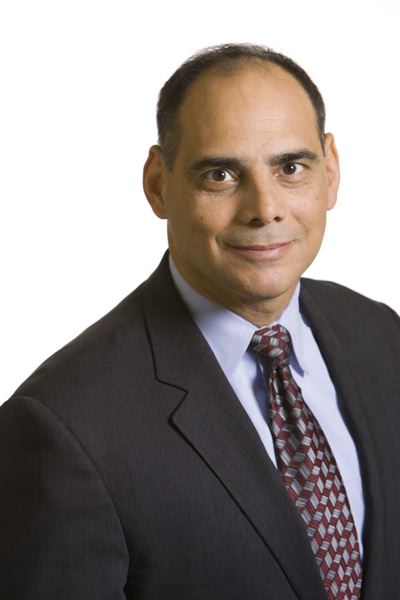Given that the tsunami killed 150,000 people [in Southeast Asia], I frankly think we responded pretty well to a storm that might have done the same, given the density of the population in the area where it hit. Essentially, Katrina was a nuclear bomb without a mushroom cloud or radiation.

"James Jay Carafano" is the director of the Douglas and Sarah Allison Center for Foreign Policy Studies and the deputy director of the Kathryn and Shelby Cullom Davis Institute for International Studies at The Heritage Foundation. He is a historian and a recognized expert on national security affairs. Carafano has authored a number of books, including Private Sector/Public Wars: Contracting in Combat-Iraq, Afghanistan and Future Conflicts, and he has appeared before congress as a national security expert. He is an adjunct professor at the Institute of World Politics.
More James Carafano on Wikipedia.You can't make a million people happy. There's going to be a lot of debates. I don't think you can minimize the role Congress is going to play in what kind of legislation they formulate to guide the reconstruction. There will be enormous pressure to do something quickly. It's all new virgin territory, and it'll be tough to craft an optional strategy.
When we started out doing this, basically what we were doing was throwing money at the problem. In most cases, people had absolutely no idea how to spend the money.
If you had a nuclear explosion and fire or something biological in New Orleans, you'd have seen tens of thousands of casualties, ... We don't really have the capacity to mobilize the medical support for catastrophic terrorism.
Where do you stage? Where do you go? You have to have communications, you have to have electricity, you have to have dry ground. These are all things that have to exist, and these are all things that don't exist in New Orleans.
In many ways, this is a test of our national capacity, ... If we can't do this 24-7-365, we aren't doing our job for preparedness.
There is no way that a terrorist campaign can disrupt the elections in the United States. This is too big a country, too many voters, too many polling places.
Even more than money and the availability of money, what really slows down the reconstruction is decision-making bureaucracy and red tape.
Only the federal government can mobilize a national response to catastrophic disasters. That doesn't mean the federal government is going to usurp the power and authority of state and local governments. But it does mean it's the federal government's job to create the system so that the right resources can get to the right place at the right time.
Copyright © 2024 Electric Goat Media. All Rights Reserved.